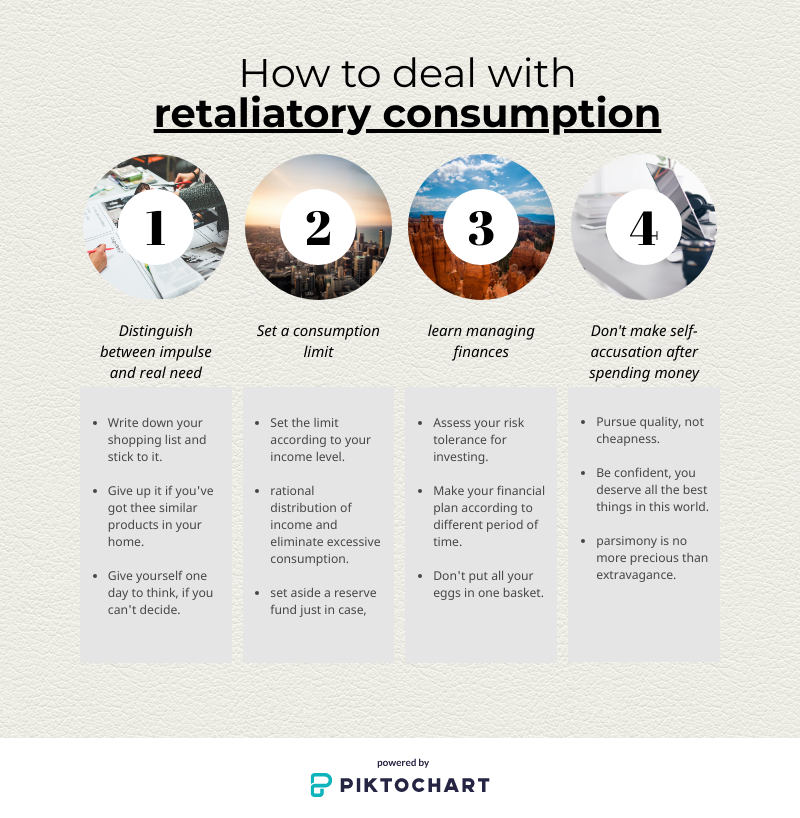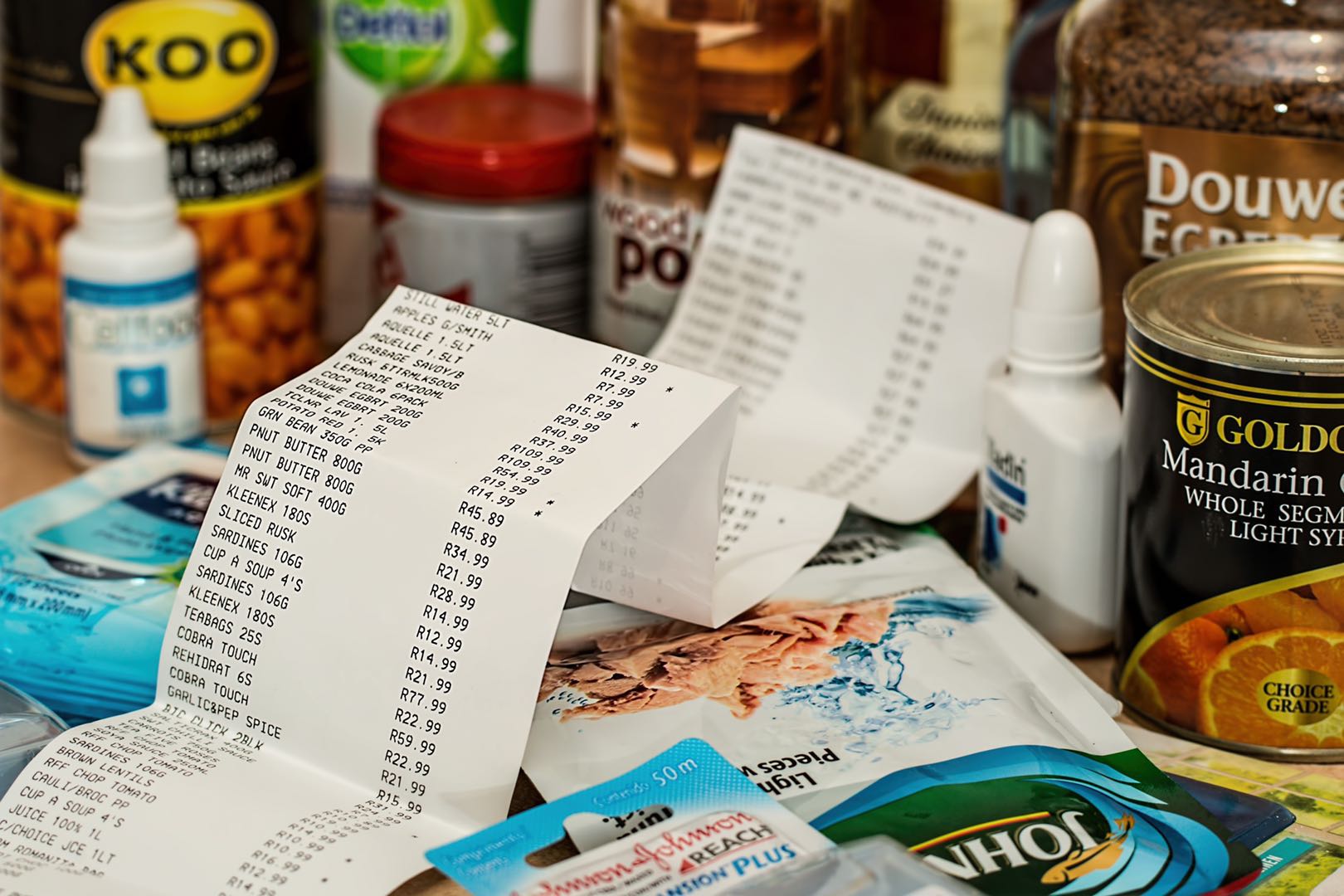A citizen in Wuhan bought 76 sets of breakfast on the first day Wuhan reopened. This phenomenon is called retaliatory consumption and happened frequently these days. Why do people choose to consume a lot when they have just experienced lockdown?
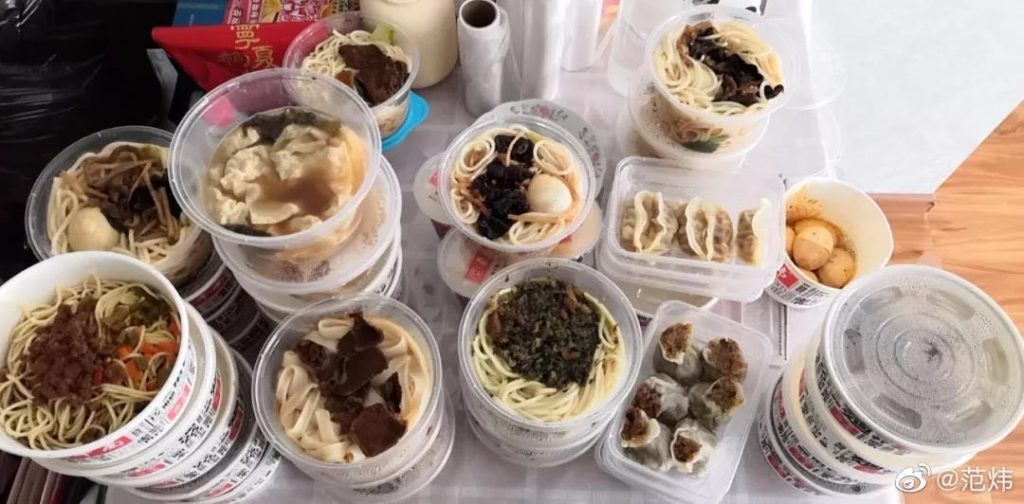
This is his first time to carry a pole to deliver food, the 76 bags bent the pole’s two sides, said the delivery man. He received an order from a young lady that he was asked to buy as many kinds of snacks as possible to make up for her missing 76 mornings of lockdown.
Fu, the delivery man said that the young lady is not the only one who bought lots of foods soon after the lockdown ended, “They have been waiting for over two months, all the thing they want to do is back to their previous normal life,” he served one-to-one to avoid the risk of cross-contamination, “Bubble tea is another kind of popular product except for snacks.”
In Changsha, an about 100 meters long queue stand in front of every Chayanyuese (a famous local milk tea shop), dozens of people are waiting to take away milk tea. The service of waiting in line for others is once an active demand.
“We have had enough for the simplest life with regular meals at home,” said Qing, a 21 years old college student, “we missed the sweet taste of milk tea, and I can’t wait to feel the world outside my home.”
The restaurant industry is experiencing turnover growth because of retaliatory consumption. If you want to go into Haidilao hot pot at the mealtime, two hours’ waiting time is common, even though it increased the price by six percent. The recovery seems to come back sooner.
Except for the demand for food, the sales in the luxury industry is increasing after the unlock. Louis Vuitton stores, whether in China or France, seem to be much popular than before with more customers stay in a long line waiting on the street before the business hour.
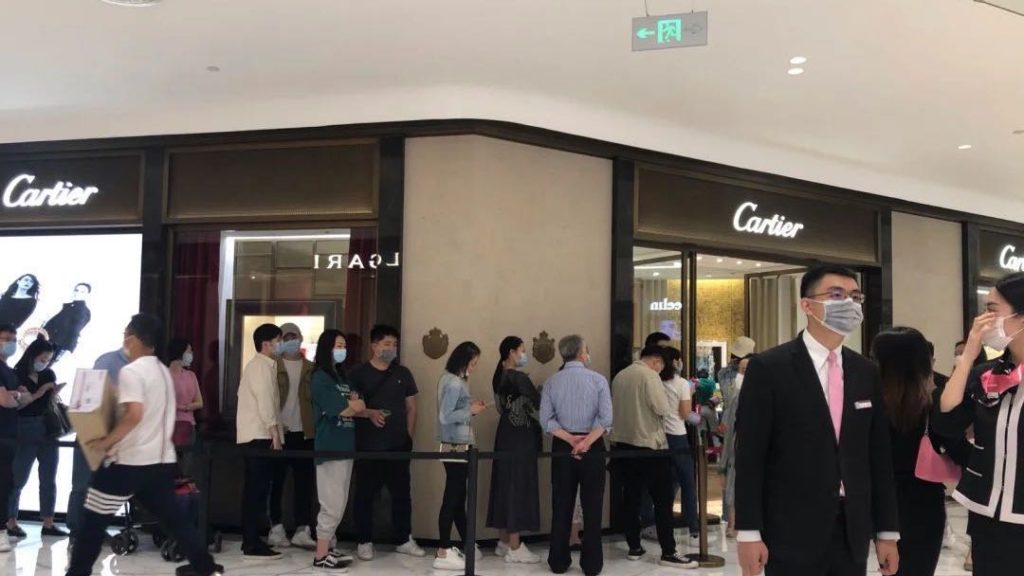
An economic named Qiao comment on The Paper that “‘Retaliatory consumption’ not only appears in a single consumer group but the whole society. This means that self-isolation has an undifferentiated impact on different consumer groups, that is, the consumption desire is suppressed.” He means that whether people are rich or poor, they may feel the impulse of spending money after the lockdown suppression.
Xin Zhao who is a postgraduate student studied abroad in America, she said that she cost little in her daily life, most of the money is spent on food and clothing. Due to the coronavirus, she cannot go out shopping for a long time, but she spent more than normal these days.
“I bought one Louis Vuitton bag, a Gucci belt, and a Switch with some digital games online in the latest two months,” she said, “The cost is several times higher than my previous level. I feel boring all the time, so I need to do something to fulfill myself. There are also reasons for compensating myself for the lack of dietary resources in the last two months.”
“Another reason is that during the lockdown these famous brands offer tempting discounts to stimulate sales, so it’s really a good time to buy the products I want for a long time.”
She also said that most of the famous brands will increase the price in the following month as a routine, so there is no better time to buy than now.
Her friend Xiangyi Ma who worked in the weather bureau in a northern city went shopping as soon as the mall reopened, she bought some formal clothes for summer as she thought that she needs to return to work gracefully as a green hand.
“With such a long time self-isolation, I need to refresh myself,” she smiled and added, “To some extent, this is an excuse for my retaliatory consumption.”
Most of the operators are expecting the occur of retaliatory consumption as they have to make up for the loss of the past few months, the rent, employers’ salary, and all the expenses for which there is no return.
“I’m eager to see all the students back to school and visit the stationery stores and bookstores during the lunch break,” said Zheng, who runs a bookstore opposite the road of a secondary school. His small store was always full of students who come to buy learning materials and novels, but because of the lockdown, the school closed for several months, he earned no income for such a long time as well.
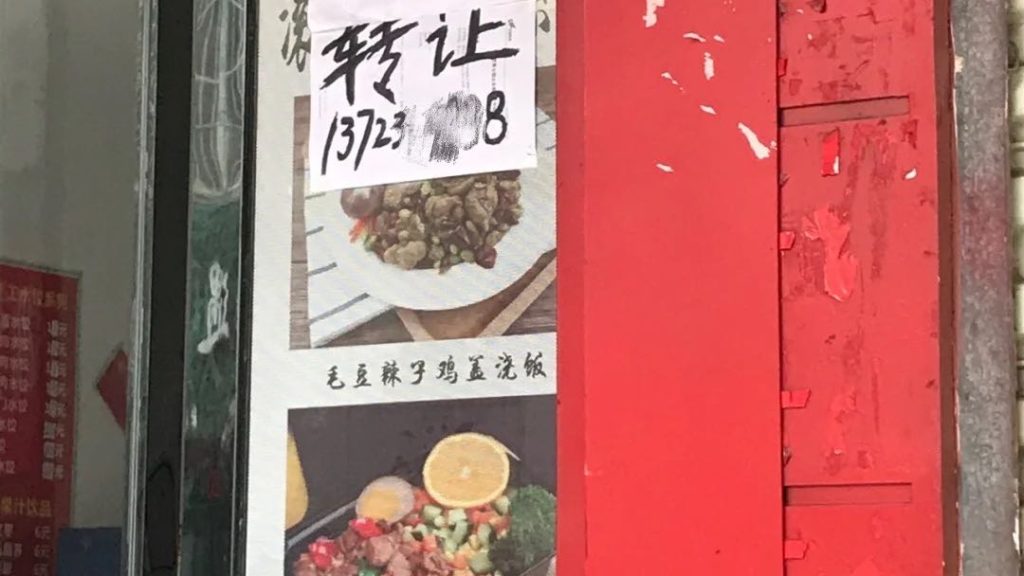
Some small restaurants may go out of business as they cannot suffer such a big loss. Some selling banners could be seen on the window of some restaurants. Xie, who runs a restaurant next to Zheng’s bookshop said that he does not have enough time to wait for retaliatory consumption to occur.
“I could not afford the rent and the salary for my waiters anymore, I even took out loans to pay my employees, so that I cannot afford to buy food and drink to run the restaurant,” Xie said, he sticks his phone number on the door for the people who would like to sublet it to contact him.
Although Xie is so disappointed in his own business he is hopeful about economic recovery from retaliatory spending. His wife has a long shopping list, she must have bought them all if it wasn’t for his losses.
According to WeChat statistics (Wechat could be used as a common payment method in China), during the Labour’s Holiday(1st May-5th May), the total offline consumption of Wechat increased by 30% compared with March, and has now recovered and exceeded the consumption level of last December.
Some economics argued that retaliatory consumption will not come true as many people expected, instead, the retaliatory deposit may become a dominant trend.
Aoping Zhang, an expert observer of the business industry published a video on social website and said that “The expectation of retaliatory consumption will not last for a long time or become a trend because most of the public’s income has been impacted by this epidemic, a large number of people lost their livelihood.
“When SARS broke out, the increased speed of the restaurant industry declined by about 30%, it wasn’t returned to the level where it had been a year earlier until September. There is no such thing as retaliatory consumption in historical experience.”
He stressed that the sense of unsteady may cause panic to the citizens which may drive them away from consumption. People may turn to deposit for assurance of their life condition.
An official account called PR industry observer analyzed the current situation of the whole society, they called retaliatory consumption an ideal state expected by the whole society.
“Retaliatory consumption, is a consumption rebound after the long-term stagnation, it will not last for a long time which means it may be fleeting. Whether retaliatory consumption will materialize depends on whether people have the money and the will to spend.”
This means that retaliatory consumption does not only an economic issue, consumption stimulation from business industries may not be the only answer to it. “It’s not about spending, it’s about confidence,” commented by PR industry observer.
Retaliatory consumption is the result of a combination of personal psychological reasons and social environment reasons. Whether compensatory psychology or the means of stimulating consumption leads to a rapid rebound in people’s spending.
Nevertheless, we need to recognize that the order of 76 breakfasts will not be the normality of consumption. The development situation after retaliatory consumption needs to be paid more attention.
